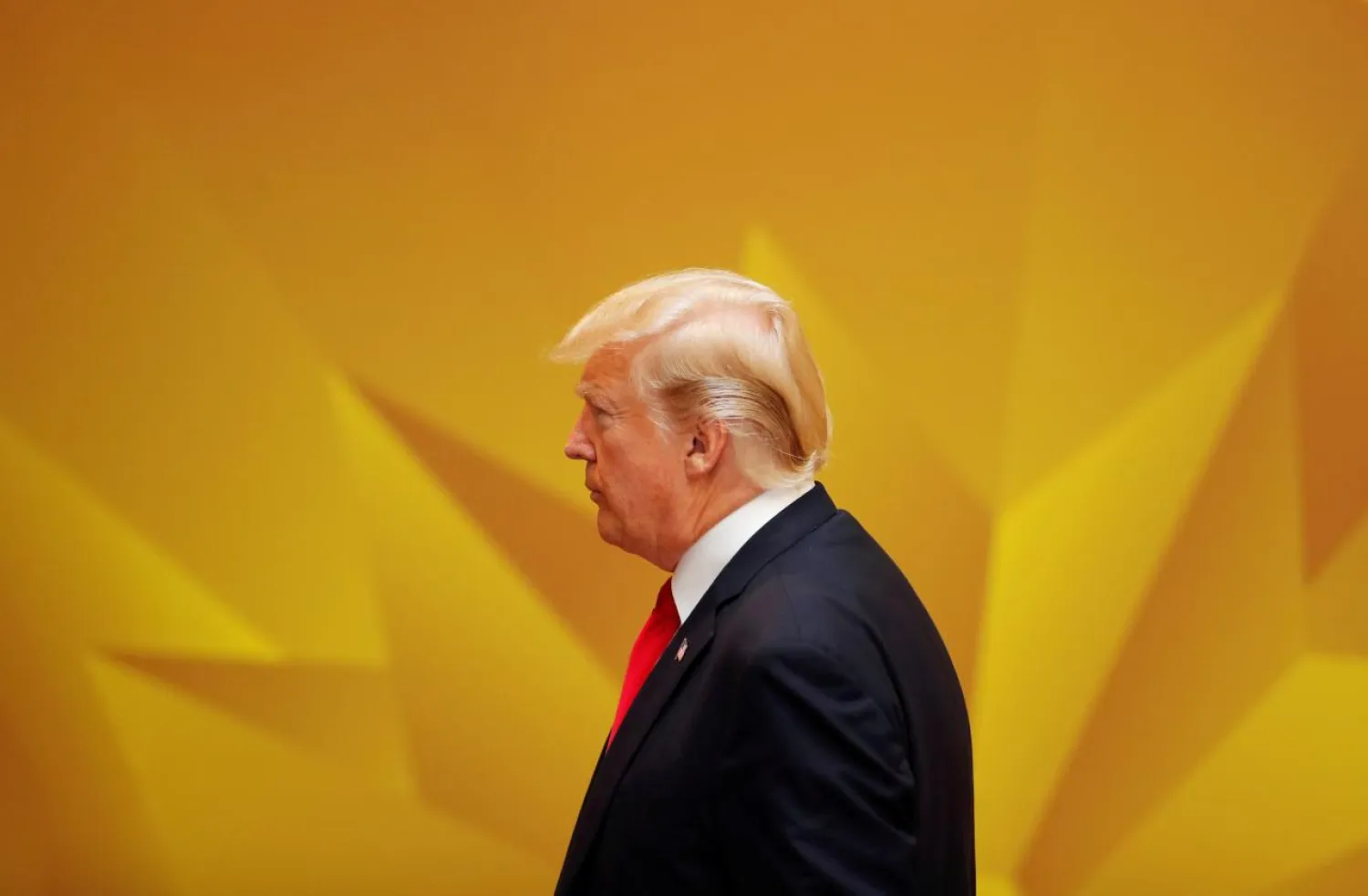With their new bill that would slash taxes on the wealthy and blow up the federal budget deficit, House Republicans and President Trump are making it absolutely clear whom they are working for — the top 1 percent — and whom they consider dispensable. Well, that’s pretty much everybody else.
The bill, which House leaders unveiled on Thursday after weeks of back-room negotiations that only Republicans were privy to, contained multibillion-dollar gifts for corporations, Wall Street titans and rich families. While there are a few peanuts thrown at lower-income and middle-class families, many people of modest means who take advantage of deductions and credits for things like housing, state and local taxes, medical expenses and education costs could end up paying more in taxes.
At the same time, the bill would add $1.51 trillion to the federal debt over the next decade. In coming years, Republicans will surely point to that inflated debt to argue that it is imperative that Congress slash spending on infrastructure, Medicare, Medicaid and Social Security.
Where to begin? The primary goal of this bill is to slash taxes on corporate profits to 20 percent, from 35 percent. Mr. Trump’s minions in the White House and Congress are mouthing the same old stale arguments: that businesses will take the money saved on taxes and hire more people and hand it over to employees in raises and bonuses. If only. Credible economists believe the benefits of the cuts would accrue nearly exclusively to shareholders and executives. In fact, about $70 billion a year, or 35 percent of the benefits, would flow to foreign investors who own shares in American companies, according to Steven Rosenthal at the Urban-Brookings Tax Policy Center.
The bill would also lavish benefits on real estate partnerships, hedge funds and other pass-through businesses, which send their profits directly to their owners without taxes being withheld. Republicans want those business owners to pay taxes of just 25 percent on that income, rather than ordinary rates, which go up to 39.6 percent. Republicans argue that this will benefit small businesses. In fact, a large majority of small-business owners already have personal tax rates below 25 percent. This provision would aid a small group of developers, investors and other tycoons who work in professions or industries where it is relatively easy to set up pass-through businesses. Like, yes, Mr. Trump and his family, who make their money from one such industry: real estate. Let’s not forget that Mr. Trump has not released his tax returns, something every other major-party presidential nominee has done for nearly 40 years.
Republican lawmakers argue that they will put in protections to prevent people from turning their salaries into pass-through income. But their promises ring hollow when they are not even bothering to close the carried-interest loophole used by private-equity and hedge-fund managers to treat some of their income as capital gains, which are taxed at a lower rate than wages.
On personal income taxes, Republicans say they are simplifying and cutting taxes for most people. But that is not really true. They propose reducing the number of tax brackets to four, from seven, while raising the lowest bracket to 12 percent, from 10 percent. They want to double the standard deduction but eliminate personal exemptions. One new benefit that could help many families would be a $300 tax credit for tax filers and their dependents who are over 17, like an aged parent. Strangely, it would end after five years. By contrast, the bill’s cuts to corporate and other business taxes would be permanent.
The changes that could affect middle-class families the hardest include the elimination of the deduction for state and local income taxes. And the property-tax deductible would be capped at $10,000. Many people in high-tax states, like California, New Jersey and New York, would be especially hard hit. Those families would also be squeezed by the proposal to cap the mortgage-interest deduction for home purchases starting Thursday, the day the bill was introduced, at $500,000. Reducing this deduction is worthy of consideration, but it ought to be part of a comprehensive reform of housing subsidies that won’t put home buyers in high-cost areas at a disadvantage.
One particularly hardhearted change would eliminate the deduction for medical expenses, which is primarily used by people with serious and chronic illnesses. Gone, too, would be important tax credits and deductions for college tuition and interest on student loans.
Unsurprisingly, the tax bill contains a couple of provisions that are designed to benefit the Trumps and others like them. It would get rid of the alternative minimum tax, which is paid primarily by upper-income families with lots of deductions. This tax accounted for a vast majority of the income tax Mr. Trump paid in 2005, according to a leaked copy of his return. The Trumps would also benefit from the bill’s proposed estate tax changes. That tax currently applies to inherited wealth above $5.5 million. Republicans would exempt wealth up to $11 million starting next year and eliminate the tax after six years. That would benefit the heirs of just 0.2 percent of people who die every year, but cost the government $269 billion over a decade.
It will take experts weeks to fully analyze the House tax bill, but what we already know is frightening enough. No Republican who cares about fairness, economic sense and the financial health of the government can support with a clear conscience this shameless wealth transfer.
The New York Times









